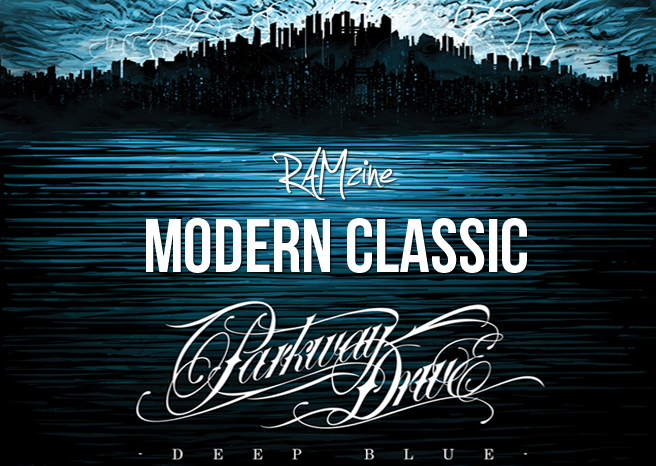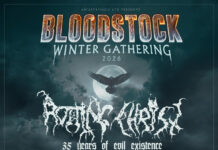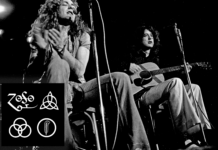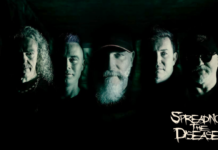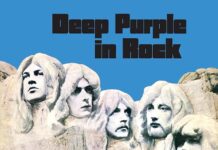Parkway Drive’s Deep Blue was perhaps one of 2010s biggest shocks. Having never even charted outside of Australia before, Deep Blue gained critical acclaim on an international scale that nobody really expected. It was certainly successful enough to be tipped one of the best albums of 2010, but it deserves even more than that.
As opener Samsara kicks in, it is immediately obvious that Parkway Drive have notched up a gear from their previous album Horizons. There’s arguably more power crammed into its 1 minute and 46 seconds than at any point in the career before, and it only continues to intensify in Unrest.
Deep Blue is not just a tuneless assault though, proven by the intricate riffs on Sleepwalker. Parkway Drive have this unique capability of thrusting into melody without even considering the need for sung choruses, and that’s achieved majorly by their lead guitar work. The same idea flavours Deadweight, where the fast and catchy fret-tapping intro develops into a slow and simple beast of a breakdown without appearing sudden or disjointed.
It’s evident enough that Parkway Drive don’t write for the masses, but please them nonetheless. On the face of it, Karma is a song to be taken seriously; it’s delivered at 100 mph and doesn’t let go. Yet, casually, they’re able to film a video about surfing and messing around on the beach without trivialising the song.
True metal anthems are few and far between nowadays, but Home Is Where The Heart Is is one. The track’s gang vocal section is of epical proportion which, being the only moment in the album when they attempt to use clean vocals, really leaves an impact.
After Deep Blue’s reception, their upcoming fourth studio album Atlas has exceedingly high expectation. Parkway Drive wrote and released a modern classic two years ago and, assuming from what has been streamed so far, will probably be unleashing another one this year. Get ready.

